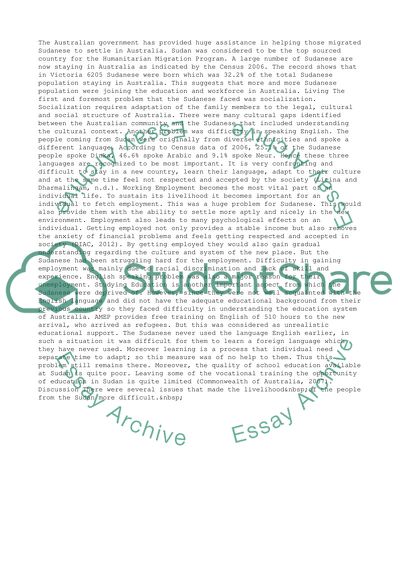Cite this document
(Cross Cultural Management in South Sudanese Case Study - 1, n.d.)
Cross Cultural Management in South Sudanese Case Study - 1. Retrieved from https://studentshare.org/management/1477996-cross-cultural-management
Cross Cultural Management in South Sudanese Case Study - 1. Retrieved from https://studentshare.org/management/1477996-cross-cultural-management
(Cross Cultural Management in South Sudanese Case Study - 1)
Cross Cultural Management in South Sudanese Case Study - 1. https://studentshare.org/management/1477996-cross-cultural-management.
Cross Cultural Management in South Sudanese Case Study - 1. https://studentshare.org/management/1477996-cross-cultural-management.
“Cross Cultural Management in South Sudanese Case Study - 1”, n.d. https://studentshare.org/management/1477996-cross-cultural-management.


